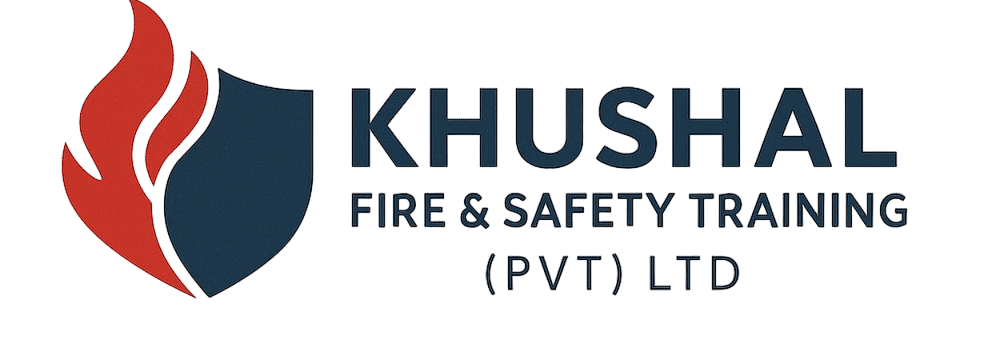Introduction to Risk Assessment
Fundamentals of identifying workplace hazards and evaluating potential risks to employee safety.
Safe Handling of Biohazardous Waste
Proper procedures for disposal and management of medical and biological waste materials.
Understanding the Importance of Safety Inspections
How regular workplace inspections prevent accidents and ensure regulatory compliance.
Safe Use of Lifting Equipment
Proper operation and maintenance of cranes, hoists, and other lifting devices.
Eye Safety in the Workplace
Selection and use of protective eyewear for various occupational hazards.
Preventing Workplace Injuries
Strategies to reduce common occupational injuries through proactive measures.
Risk Assessments
Systematic process for evaluating workplace hazards and implementing controls.
Fall Protection Basics
Proper use of harnesses, guardrails, and other fall prevention equipment.
Safe Use of Cleaning Chemicals
Handling and storage procedures for hazardous cleaning products.
Infection Control in Healthcare
Preventing disease transmission in medical facilities through proper protocols.
Hazard Communication Standards
Understanding chemical labeling and Safety Data Sheet requirements.
Basic Fire Extinguisher Training
Proper selection and use of fire extinguishers for different fire types.
Bloodborne Pathogens Awareness
Protecting against diseases transmitted through blood and bodily fluids.
Confined Space Safety
Special precautions for working in tanks, silos, and other enclosed areas.
Safe Use of Power Tools
Proper operation and maintenance of electrical and pneumatic tools.
Asbestos Awareness
Identifying and managing asbestos-containing materials in buildings.
Safe Driving Practices
Defensive driving techniques for company vehicles and fleet operations.
Workplace Violence Prevention
Recognizing warning signs and de-escalation techniques for volatile situations.
Understanding Safety Data Sheets (SDS)
Interpreting chemical hazard information and proper handling instructions.
Noise-Induced Hearing Loss Prevention
Selecting and using hearing protection in high-noise environments.
Cold Stress Awareness
Recognizing and preventing hypothermia and frostbite in outdoor workers.
Heat Stress Prevention
Hydration strategies and acclimatization for hot work environments.
Understanding Workplace Stress
Identifying and managing occupational stressors that impact health.
Food Safety and Hygiene Basics
Proper food handling to prevent contamination and foodborne illness.
Hand Hygiene in Healthcare
Proper handwashing techniques to prevent healthcare-associated infections.
Safe Use of Ladders and Scaffolding
Proper setup and climbing techniques to prevent falls from height.
Office Safety Essentials
Ergonomic setups and hazard awareness for administrative work environments.
Chemical Safety Awareness
Proper storage, handling, and disposal of hazardous laboratory chemicals.
Emergency Evacuation Procedures
Developing and practicing effective workplace evacuation plans.
Safe Lifting Techniques
Proper body mechanics to prevent back injuries when handling materials.
Electrical Safety Fundamentals
Recognizing electrical hazards and proper lockout/tagout procedures.
Slips, Trips, and Falls Prevention
Identifying and eliminating common walking surface hazards.
Ergonomics in the Workplace
Optimizing workspaces to reduce musculoskeletal disorders and fatigue.
Personal Protective Equipment (PPE) Basics
Selecting, using, and maintaining appropriate protective gear for hazards.
Fire Safety Essentials
Workplace fire prevention strategies and emergency response planning.
Understanding Hazardous Materials
Classification, labeling, and handling of dangerous goods and chemicals.
Basic First Aid Awareness
Initial response procedures for common workplace injuries and illnesses.
Introduction to Workplace Safety
Fundamental principles of occupational health and safety regulations.
